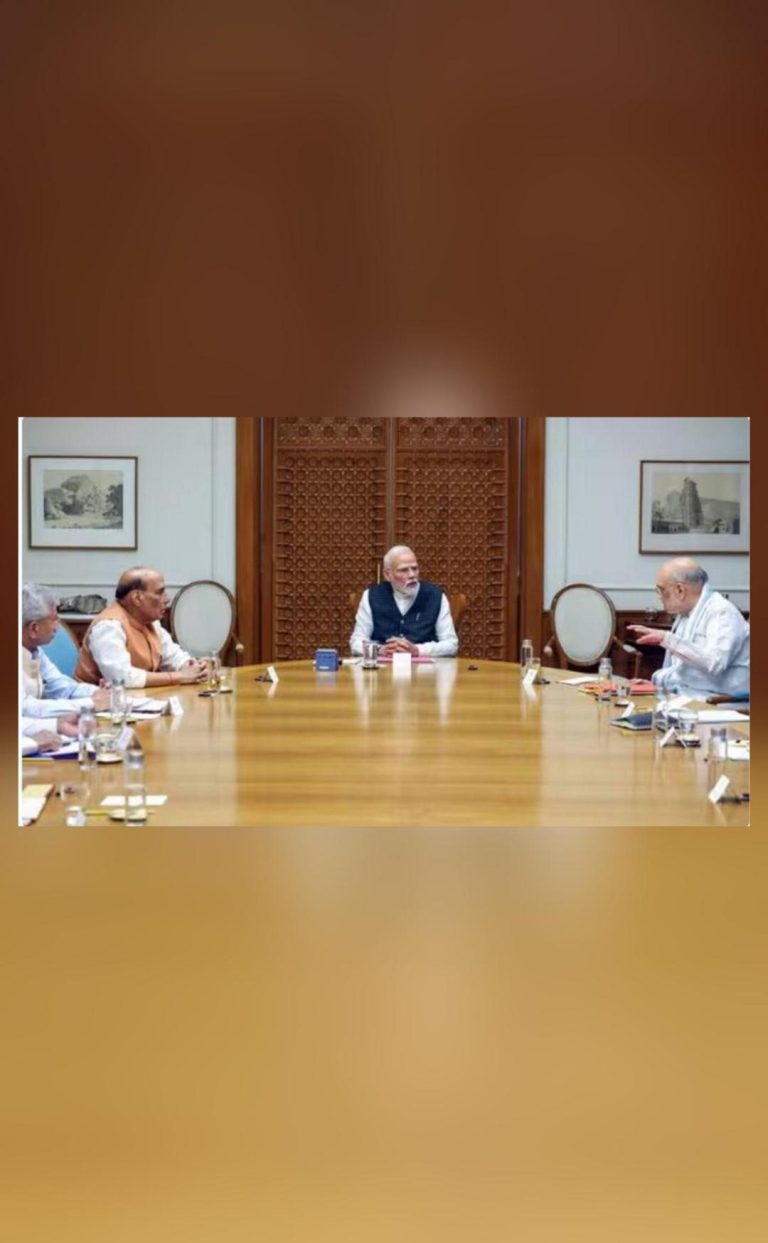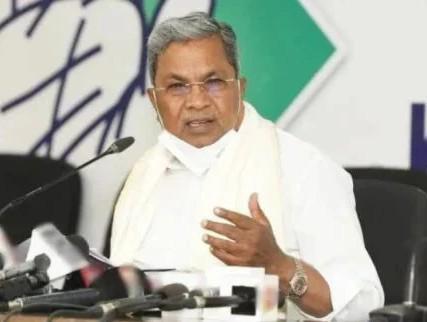
Enemies of Peace Won’t Be Happy to See Peace in J&K: Altaf Bukhari
The recent terrorist attack in Pahalgam, Jammu and Kashmir, has sent shockwaves across the region, leaving at least 26 people dead and many more injured. The incident has sparked widespread outrage and condemnation, with leaders and citizens alike expressing their condolences to the families of the victims.
Among those who have spoken out against the attack is Altaf Bukhari, the President of Apni Party in Jammu and Kashmir. In a statement, Bukhari condemned the attack, saying that those who are enemies of peace will never be happy to see peace prevail.
“This is a murder of humanity,” Bukhari stated, emphasizing the brutality of the attack. He urged that lessons needed to be learned from such incidents, and that it was essential to work towards creating an environment where peace and harmony can thrive.
Bukhari’s remarks come at a time when Jammu and Kashmir is still reeling from the aftermath of the attack. The region has been experiencing a fragile peace over the past few years, with sporadic outbreaks of violence and terrorism. However, despite these challenges, there are many who are working towards creating a more peaceful and stable environment.
One of the key factors driving this push for peace is the government’s efforts to engage with various stakeholders, including political parties, civil society organizations, and community leaders. This includes initiatives such as the Centre’s policies aimed at normalizing the situation in the region, including the abrogation of Article 370 and the establishment of the Union Territory of Ladakh.
However, despite these efforts, there are still many challenges that need to be addressed. One of the primary concerns is the presence of terrorist groups, which continue to carry out attacks and disrupt the peace process. These groups, including Pakistan-backed militants, have been responsible for many attacks in the region, including the recent incident in Pahalgam.
Another challenge is the ongoing political uncertainty in the region. The abrogation of Article 370 and the establishment of the Union Territory of Ladakh have created a new political landscape, with many parties and individuals vying for power. This has led to tensions and conflicts, which can undermine the peace process.
Despite these challenges, there are many reasons to believe that peace can be achieved in Jammu and Kashmir. One of the key factors is the region’s rich cultural heritage, which has always been characterized by a spirit of tolerance and coexistence. The region is home to people from different faiths and backgrounds, including Hindus, Muslims, Sikhs, and Buddhists, all of whom have lived together in harmony for centuries.
Another factor is the region’s natural beauty, which is a major tourist attraction. The region is home to some of the most stunning landscapes in the world, including the Himalayas, the Valley of Kashmir, and the Pahalgam valley. This natural beauty has the potential to attract tourists and investors, which can help to drive economic growth and development.
Finally, there are many organizations and individuals who are working towards creating a more peaceful and stable environment in Jammu and Kashmir. These include non-governmental organizations, community leaders, and political parties, all of whom are working together to promote peace and harmony.
In conclusion, while the recent terrorist attack in Pahalgam is a setback for the peace process in Jammu and Kashmir, it is not a reason to give up hope. As Altaf Bukhari has said, those who are enemies of peace will never be happy to see peace prevail. However, for those who are committed to creating a more peaceful and stable environment, there are many reasons to believe that peace can be achieved.
Sources:






